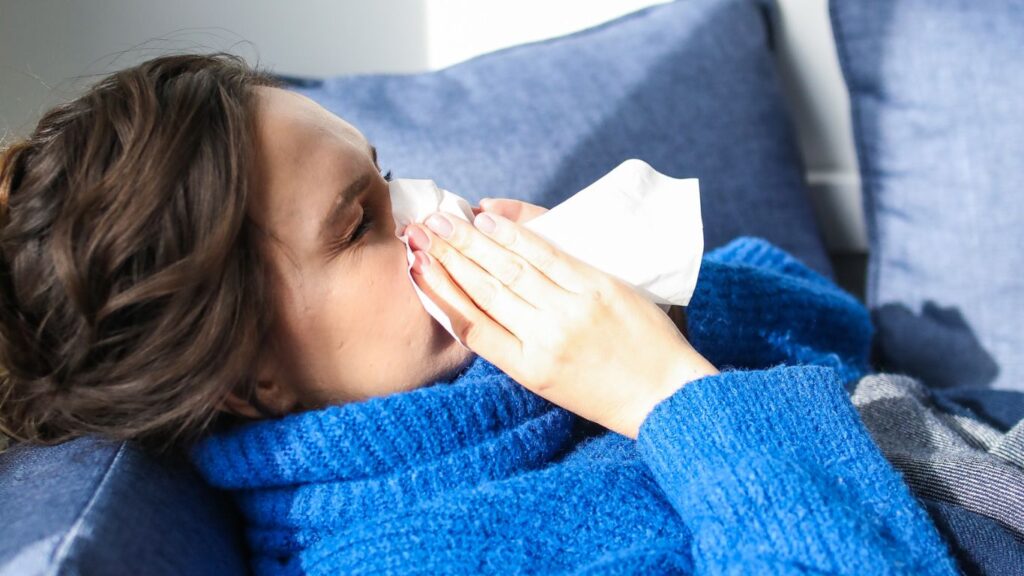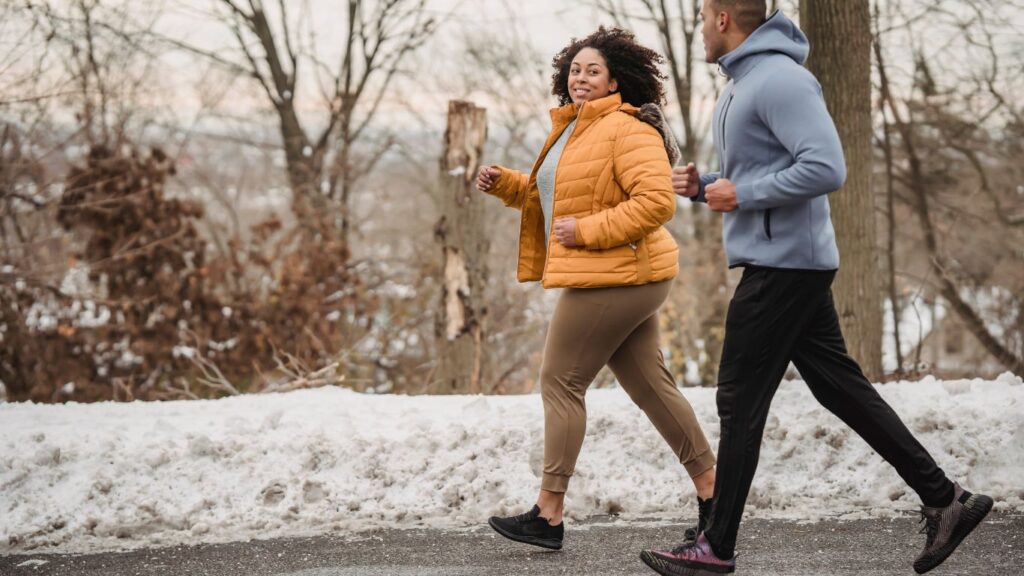As temperatures drop and the days become shorter, many people start noticing an increase in cold sores and other viral infections. This pre-winter season can be particularly challenging for those who are prone to these conditions. But why do cold sores and viral infections flare up as winter approaches? Understanding the reasons behind this increase and learning effective prevention strategies can help you stay healthy during this time of year. In this blog, we’ll explore the causes and offer practical tips to avoid these unpleasant flare-ups.
Why Cold Sores and Viral Infections Flare Up Before Winter: Prevention Tips
What Are Cold Sores and Viral Infections?
Cold sores, also known as fever blisters, are small, painful blisters that usually appear around the lips, mouth, or nose. They are caused by the herpes simplex virus (HSV-1). Once you’re infected, the virus remains in your body and can become active again, leading to recurring outbreaks.
Viral infections can include a wide range of illnesses, from the common cold and flu to more serious conditions like respiratory syncytial virus (RSV) and norovirus. These infections are caused by viruses that spread easily, especially in crowded or closed environments.
Why Do Cold Sores and Viral Infections Flare Up Before Winter?

Weakened Immune System
As winter approaches, our immune systems may weaken due to several factors, including changes in temperature, lack of sunlight, and stress. A weaker immune system is less capable of fighting off viruses, making it easier for existing infections like cold sores to flare up. During this period, people are more likely to catch colds, flu, and other viral illnesses, which can trigger a cold sore outbreak.
Prevention Tip:
- Boost Your Immune System: Make sure you’re eating a balanced diet rich in vitamins and minerals. Foods high in vitamin C, like citrus fruits, and zinc-rich foods, like nuts and seeds, can strengthen your immune system. Also, consider taking a daily multivitamin to ensure your body is getting the nutrients it needs to fight off infections.
- Stay Hydrated: Drinking enough water helps keep your body functioning optimally, including your immune system.
Colder, Drier Weather
Cold, dry air can dry out the skin and lips, creating cracks and fissures that make it easier for the herpes virus to reactivate. Additionally, colder weather drives people indoors, where the air is often dry, and they are more likely to come into close contact with others, increasing the chances of spreading viral infections.
Prevention Tip:
- Keep Skin and Lips Moisturized: Regularly use a lip balm that contains sunscreen and hydrating ingredients to prevent dryness. Applying petroleum jelly or a moisturizing cream on dry areas can also help protect your skin.
- Use a Humidifier: Running a humidifier in your home can add moisture back into the air, reducing the dryness that can lead to skin issues.
Increased Stress Levels
The change of seasons often brings stress due to busy schedules, upcoming holidays, and adjusting to colder weather. Stress is a well-known trigger for cold sore outbreaks because it can weaken the immune system, making it harder for your body to keep the herpes virus dormant. Stress also contributes to overall vulnerability to other viral infections.
Prevention Tip:
- Manage Stress Effectively: Practice stress management techniques such as meditation, deep breathing exercises, yoga, or even regular physical activity. Taking time for yourself, whether it’s reading a book, listening to music, or enjoying a hobby, can help lower stress levels.
- Prioritize Sleep: Getting enough sleep is crucial for reducing stress and maintaining a healthy immune system. Aim for 7-8 hours of sleep per night.
Reduced Sunlight Exposure
Exposure to sunlight helps our bodies produce vitamin D, which is essential for maintaining a strong immune system. As winter approaches, the shorter days and longer nights mean less exposure to sunlight, leading to lower levels of vitamin D. This can weaken your immune system, making you more susceptible to viral infections and cold sore flare-ups.
Prevention Tip:
- Consider Vitamin D Supplements: If you’re not getting enough sunlight, consider taking a vitamin D supplement. Consult your healthcare provider to determine the appropriate dosage.
- Spend Time Outdoors: Even in colder weather, try to spend at least 10-15 minutes outside during daylight hours. Sunlight, even in small doses, can help boost your vitamin D levels.
Close Contact Indoors
As temperatures drop, people tend to spend more time indoors, often in crowded or poorly ventilated spaces. This close contact increases the likelihood of spreading viruses, which can lead to an increase in viral infections. Being around others who have colds or the flu can also trigger a cold sore outbreak, as your immune system is busy fighting off these new infections.
Prevention Tip:
- Practice Good Hygiene: Wash your hands regularly with soap and water, and avoid touching your face, especially your mouth and eyes. If you feel a cold sore starting to develop, avoid close contact with others to prevent spreading the virus.
- Disinfect Commonly Touched Surfaces: Keep your home environment clean by disinfecting doorknobs, light switches, and other commonly touched surfaces.
General Tips for Preventing Cold Sores and Viral Infections

Avoid Sharing Personal Items
Cold sores are highly contagious, especially when the blisters are visible. Avoid sharing personal items such as utensils, lip balms, towels, and razors. This is also true for other viral infections that can spread through contact.
Stay Active
Regular exercise helps strengthen the immune system, making it more efficient at warding off infections. It also improves your overall well-being and reduces stress, which can prevent cold sores from recurring. Even moderate physical activity, such as brisk walking, can have positive effects.
Healthy Diet
Eating a diet rich in fruits, vegetables, whole grains, and lean proteins helps your body stay resilient against viruses. Foods high in antioxidants, like berries and leafy greens, can help combat inflammation and promote healing.
Antiviral Medication for Cold Sores
If you frequently experience cold sores, talk to your doctor about antiviral medications. These can help reduce the frequency and severity of outbreaks. Over-the-counter creams and ointments can also be applied to speed up healing if a cold sore does appear.
Final Thoughts
Pre-winter weather brings with it a host of factors that can lead to an increase in cold sores and viral infections. By understanding why these flare-ups occur, you can take steps to minimize your risk and protect your health. Keeping your immune system strong, managing stress, staying hydrated, and practicing good hygiene are essential habits that can help you navigate the transition to winter without the worry of unwanted outbreaks.
Taking care of yourself during this season is not just about avoiding illness but also about maintaining overall well-being. A proactive approach can make all the difference, allowing you to enjoy the cooler months with peace of mind and confidence in your health.
Also read: Common Pre-Winter Illnesses: How to Recognize and Prevent Them
